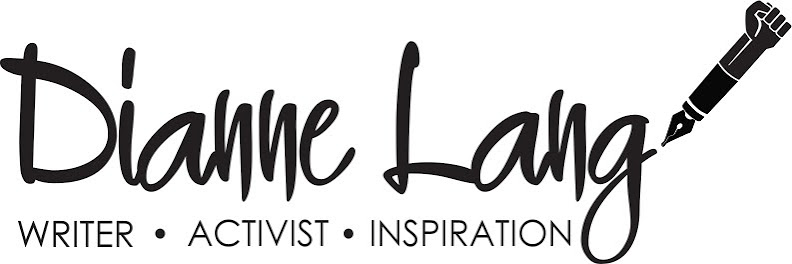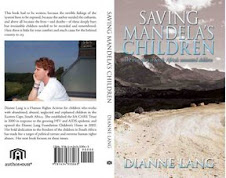Exceptional Patients

For years I studied and read books on how to help people heal. I started reading them again but this time from the perspective of healing myself. If I thought I knew things before, I am only starting to learn them now. If I thought I had compassion before, now I realize that it was only 10% of the compassion I now feel for others. I wonder sometimes at how arrogant I was to think that I could be any kind of healer, or even a conduit for healing; or even being able to offer any sort of comfort. All my years of studying and writing exams did not give me the amount of compassion or knowledge that I accumulated in a few months of being diagnosed with leukemia.
Love, Medicine & Healing by Bernie S. Siegel, The Anatomy of an Illness by Norman Cousins and Making Miracles by Paul C Roud are books that I read years ago. These books made such an impression on me, that I have carried them around as part of my material baggage ever since. Once I was serious about getting well, I pulled them out and read them again. What a difference it is to read a book from the perspective of the ‘patient’ as opposed to reading from the perspective of the ‘healer’ (if there is such a thing outside of ourselves). Roud writes about those who have made exceptional recoveries, Cousins writes about how he healed himself and Siegel writes as a physician.
There are a number of issues common to all the exceptional patients described in these three books. It is those characteristics and behaviors that I want to incorporate into my life so that I too can be an exceptional patient with an exceptional recovery. I do believe that true healing is not just about the physical body. We all have to die. True healing is learning how to live properly…how to live a fulfilled life…how to love…and how to live until we die. This, for me, is true healing.
The biggest thing that is common to all exceptional patients is that they all changed their lives dramatically, to do what makes them happy and to cut out stress or concern about small things.
Another common denominator of exceptional patients is that they all take charge of their bodies and the recovery. Ninety percent of all patients in the above-mentioned books, made their doctor, physician or consultant their partner’s and advisor’s in the healing process. Only one person said that she had such complete faith in her doctor that she left all decisions up to him. The exceptional patient with a rare disease has to become his or her own detective and often ends up with more knowledge of the disease than the primary doctor or specialist.
When you
feel you cannot take another step, go into a quiet corner of the house and just
breath in through your nose and out through your mouth and picture anything
that calms you in your mind. Very soon
you will find that you can take ten more steps.
It is not about how often we fall that makes us exceptional; it is that
we always get up one more time than we fall.
There will
be some very bad days where you will wonder what the purpose of suffering
is. There will be days where you will
cry (even those who are not ill have pity parties), and there will be days you
cannot get out of bed. And of course,
the worst days when you think it would be better to be dead. But something happens. Someone makes you smile. A stranger gives you a flower. Your partner makes you a meal. Someone cleans your kitchen … and before long
the wish to be dead (as in going to sleep and never having to face any more
suffering) floats away and on the horizon comes a rainbow to lighten up your
life. You will now have walked ten more
steps than you ever thought possible.
Stay strong my fellow travelers. There is much living still to be done!








